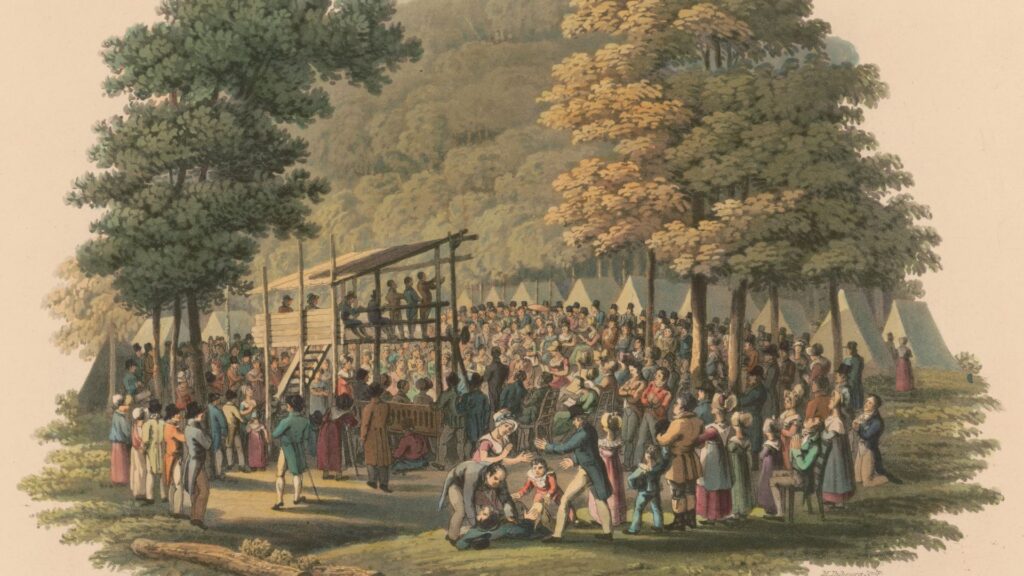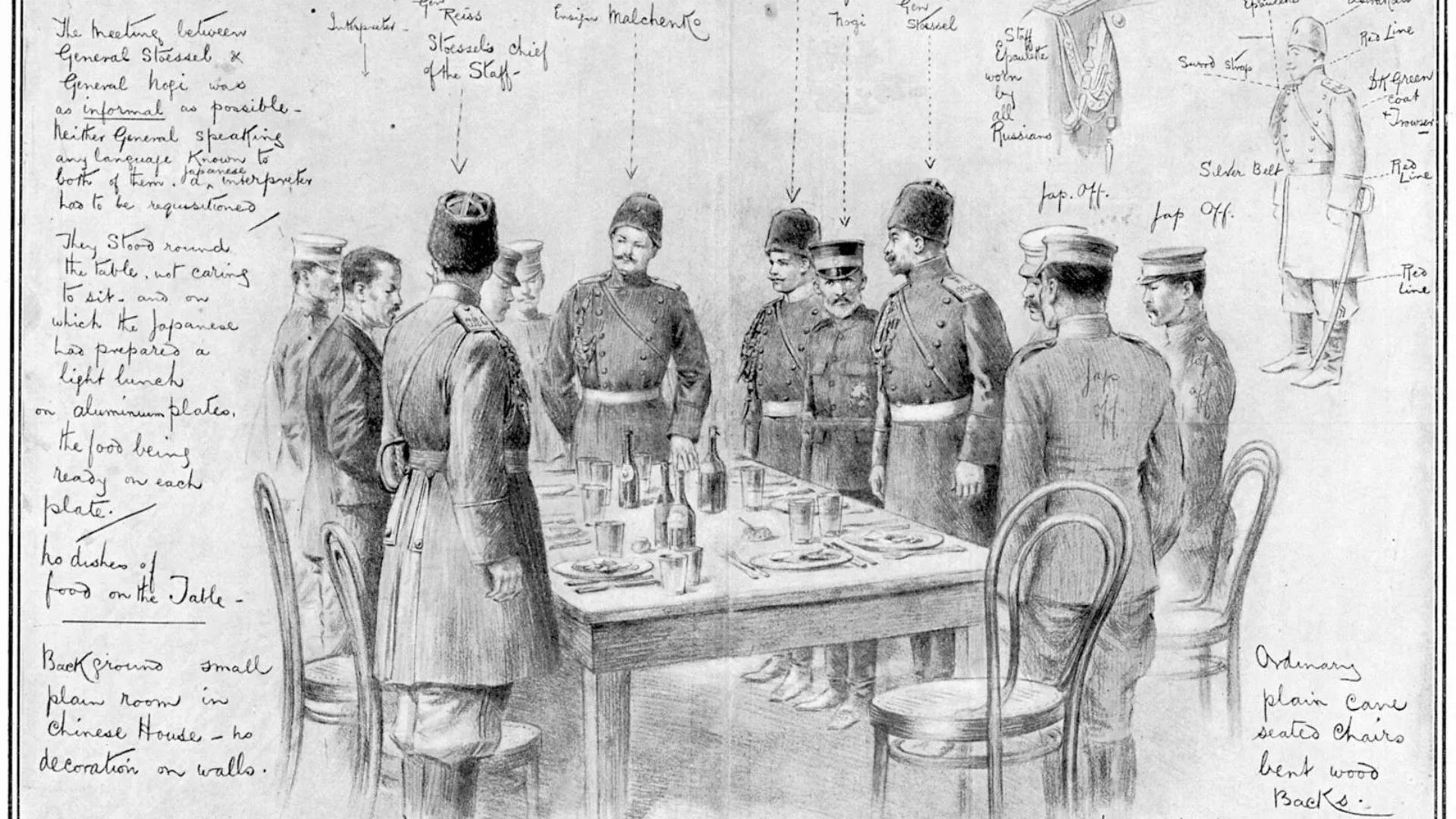Social reforms are transformative changes designed to improve society by addressing various issues related to justice, equality, and well-being. Throughout history, several significant social reforms have reshaped nations, promoting fairness and progress. This article explores some of the most impactful social reforms that have changed nations, highlighting their importance and effects.

Abolition of Slavery
One of the most profound social reforms in history was the abolition of slavery. The movement to end slavery aimed to free enslaved people and ensure their rights and dignity. Key milestones in this reform include:
- The Emancipation Proclamation (1863): In the United States, President Abraham Lincoln issued this executive order during the Civil War, declaring the freedom of all enslaved people in Confederate-held territories.
- The Abolition of the Slave Trade Act (1807): In the UK, this act prohibited the slave trade, marking a crucial step towards ending slavery.
- The 13th Amendment to the U.S. Constitution (1865): This amendment formally abolished slavery throughout the United States.
These reforms led to significant societal changes, including increased civil rights for formerly enslaved individuals and a foundation for future civil rights movements.
Women’s Suffrage Movement
The women’s suffrage movement was a critical social reform aimed at securing voting rights for women. Key achievements of this movement include:
- The 19th Amendment to the U.S. Constitution (1920): This amendment granted women the right to vote, marking a significant victory in the struggle for gender equality.
- The Representation of the People Act (1918): In the UK, this act allowed women over the age of 30 to vote, with full suffrage achieved in 1928.
- The Seneca Falls Convention (1848): Often considered the start of the organized women’s suffrage movement in the U.S., this convention brought together activists advocating for women’s rights.
These reforms transformed political landscapes, giving women a voice in governance and contributing to broader gender equality.
Civil Rights Movement
The Civil Rights Movement aimed to end racial segregation and discrimination, advocating for equal rights for African Americans. Major milestones include:
- The Civil Rights Act (1964): This landmark legislation in the U.S. prohibited discrimination based on race, color, religion, sex, or national origin in various aspects of public life.
- The Voting Rights Act (1965): This act aimed to eliminate racial discrimination in voting, ensuring that African Americans had the same voting rights as other citizens.
- The Brown v. Board of Education Supreme Court Decision (1954): This ruling declared racial segregation in public schools unconstitutional, paving the way for desegregation.
These reforms helped dismantle institutional racism, leading to greater social and political inclusion for African Americans.
Labor Rights and Workers’ Reforms
Labor rights reforms focus on improving working conditions, fair wages, and worker protections. Key reforms include:
- The Fair Labor Standards Act (1938): In the U.S., this act established minimum wage, overtime pay, and child labor standards.
- The Labour Relations Act (1947): This UK act promoted fair labor practices and the rights of workers to organize and negotiate.
- The Eight-Hour Workday Movement: Efforts to reduce working hours and improve working conditions led to widespread adoption of the eight-hour workday.
These reforms have significantly improved labor conditions, contributing to better wages, safer workplaces, and greater worker rights.
Education Reform
Education reform aims to make education more accessible, equitable, and effective. Notable education reforms include:
- The Elementary and Secondary Education Act (1965): In the U.S., this act provided federal funding to schools serving low-income students, aiming to improve educational opportunities for all.
- The Education Act (1944): Also known as the Butler Act in the UK, this act introduced free compulsory education for all children and established a framework for secondary education.
- The Universal Declaration of Human Rights (1948): This declaration includes the right to education, promoting global standards for educational access.
These reforms have expanded access to education, improved educational quality, and promoted equal opportunities for students.
Healthcare Reform
Healthcare reforms focus on improving access to medical care and ensuring that healthcare systems are equitable and efficient. Key reforms include:
The Affordable Care Act (2010)
In the U.S., this act expanded healthcare coverage, introduced regulations to reduce costs, and aimed to make healthcare more accessible.
The National Health Service (NHS) Act (1946)
In the UK, this act established the NHS, providing comprehensive health services funded by taxation and free at the point of use.
The Medicare and Medicaid Acts (1965)
In the U.S., these acts created programs to provide healthcare for the elderly and low-income individuals.
These reforms have improved public health outcomes, increased access to medical care, and provided financial protection against health-related expenses.
LGBTQ+ Rights Movement
The LGBTQ+ rights movement seeks to achieve equality and protect the rights of LGBTQ+ individuals. Major reforms include:
- The legalization of same-sex marriage: Countries like the Netherlands (2001), Canada (2005), and the U.S. (2015) have legalized same-sex marriage, recognizing the equal rights of LGBTQ+ couples.
- The repeal of “Don’t Ask, Don’t Tell” (2010): In the U.S., this policy, which barred openly LGBTQ+ individuals from serving in the military, was repealed, allowing for greater inclusivity in the armed forces.
- The Gender Recognition Act (2004): In the UK, this act allowed individuals to legally change their gender, promoting greater recognition and rights for transgender people.
These reforms have advanced LGBTQ+ rights, promoting acceptance, equality, and protection for the LGBTQ+ community.
Conclusion
Social reforms have played a vital role in shaping modern societies by addressing issues of justice, equality, and well-being. From the abolition of slavery to LGBTQ+ rights, these reforms have transformed nations, promoting fairness and progress. By continuing to address social issues and advocate for change, societies can build on these reforms to create a more just and equitable world for future generations.

